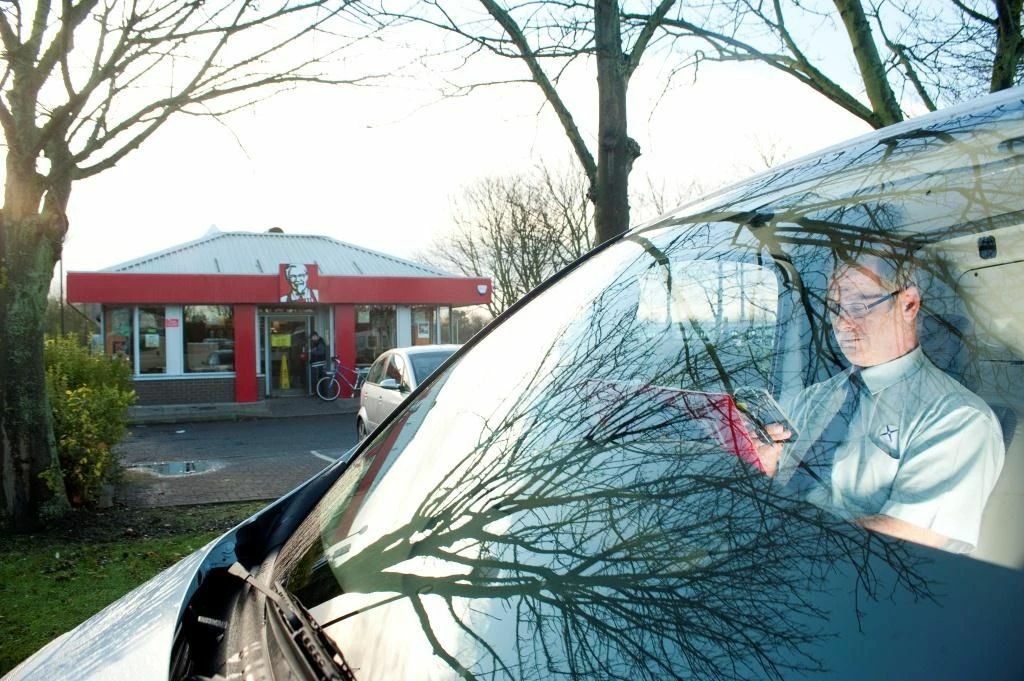
Partner Article
Simplified technology support will redefine the service supply chain
For as long as I can remember, experts have been questioning which is the most important part of the after sales support process. In no particular order, the following are often cited:
- Initial call processing and triage
- Part availability
- Locating the required part
- Shipping logistics
- On-site first time fixes
- Field Engineers
- Base repairers
So which is the most important? In truth, all of the above are vital. Efficient interaction across each stage of the service supply chain is critical to a successful outcome and customer satisfaction.
Despite this, the IT industry has always viewed the engineer as the most critical part of the service supply chain and such a view has been perpetuated over the years, creating systems where field service is the sole process by which customer satisfaction is measured.
I would argue that this thought process is outdated, further highlighting the disjointed thinking which plagues after sales support. It’s almost as if the service supply chain has been designed for the engineer and not the customer, offering a counter-productive system which often fails to understand or take customer requirements into account.
Such thinking ignores each process prior to and responsible for the dispatch of the correctly skilled engineer. The triage of the initial call is the beginning of the customer’s journey and is therefore the most important process within any after sales support model, setting customer expectation levels which must be matched.
Despite this, a typical supply chain with multiple providers relies on each supplier doing what they are contracted to do, independent of the customer. This is precisely why engineers are so heavily relied on to offer issue resolution and creates what I refer to as an assumption supply chain. Each part has no real affinity or connection to a customer, it is simply a process.
Simplified technology support re-defines the supply chain, moving away from this siloed mentality to a flexible, customer first model driven not by multiple processes but by consumer demand.
Traditional thinking is no longer fit for purpose and the time has come for the industry to be challenged.
This was posted in Bdaily's Members' News section by Mike Heslop .
Enjoy the read? Get Bdaily delivered.
Sign up to receive our popular morning National email for free.








 Navigating the messy middle of business growth
Navigating the messy middle of business growth
 We must make it easier to hire young people
We must make it easier to hire young people
 Why community-based care is key to NHS' future
Why community-based care is key to NHS' future
 Culture, confidence and creativity in the North East
Culture, confidence and creativity in the North East
 Putting in the groundwork to boost skills
Putting in the groundwork to boost skills
 £100,000 milestone drives forward STEM work
£100,000 milestone drives forward STEM work
 Restoring confidence for the economic road ahead
Restoring confidence for the economic road ahead
 Ready to scale? Buy-and-build offers opportunity
Ready to scale? Buy-and-build offers opportunity
 When will our regional economy grow?
When will our regional economy grow?
 Creating a thriving North East construction sector
Creating a thriving North East construction sector
 Why investors are still backing the North East
Why investors are still backing the North East
 Time to stop risking Britain’s family businesses
Time to stop risking Britain’s family businesses